For the first time ever, electric cars will be allowed to compete in a classic car rally. This is a major step forward for the electric vehicle industry, as it opens up new opportunities for these cars to participate in events that have traditionally been dominated by combustion engines. Electric conversions are becoming more and more popular, as people are realising the benefits of switching to electric power. In this article, we will discuss the implications of this decision and explore how electric cars will fare in a competitive rally environment.
The rally which has opted to allow EVs to participate is The “Bay to Birdwood Run” in Australia. The organiser, Michael Neal, wants the first post-pandemic Bay to Birdwood Run to be the biggest one yet. Could this change to the rules help him reach his ambition?
Electric conversions for classic cars have been around a while now. While they are not widely adopted, due to the cost of the conversion, people are beginning to see that there may be benefits to doing the conversion in order to save their hobby and the planet. For some, however, these conversions will always be second best to the original combustion engine.
The question of whether it is fair to allow electric cars to compete against combustion engines in a classic car rally is a difficult one. On the one hand, electric cars have the potential to be much faster and more efficient than their petrol counterparts. On the other hand, their batteries may give them a disadvantage on this harsher terrain. It will be interesting to see how this plays out in the competition.
Michael Neal told Australian Broadcast Center (ABC) that he wants to attract over 1,500 classic cars and hopes to attract 120,000 people to the event in the City of Adelaide. To do this, Neal stated that EVs would be a crucial contingent as they are “actually saving some vehicles that would have been lost to us.”
The news outlet also interviewed participants who would be driving electric conversions in the upcoming rally. They saw it as a critical and necessary change to the event, saying the conversions are allowing them to keep their vehicles on the road for as long as possible.
This is an exciting step forward for the EV conversion industry and the technology in general. Allowing electric cars to compete in classic car rallies is a sign that the industry is maturing and that these cars are being taken seriously as viable options for enthusiasts.
Only time will tell how successful electric cars will be in this classic car rally. However, this is a significant step forward for the industry, and it will be exciting to see how these vehicles perform in a competitive environment.
What are your thoughts on this story? Do you think that electric cars should be allowed? Let us know in the comments below.

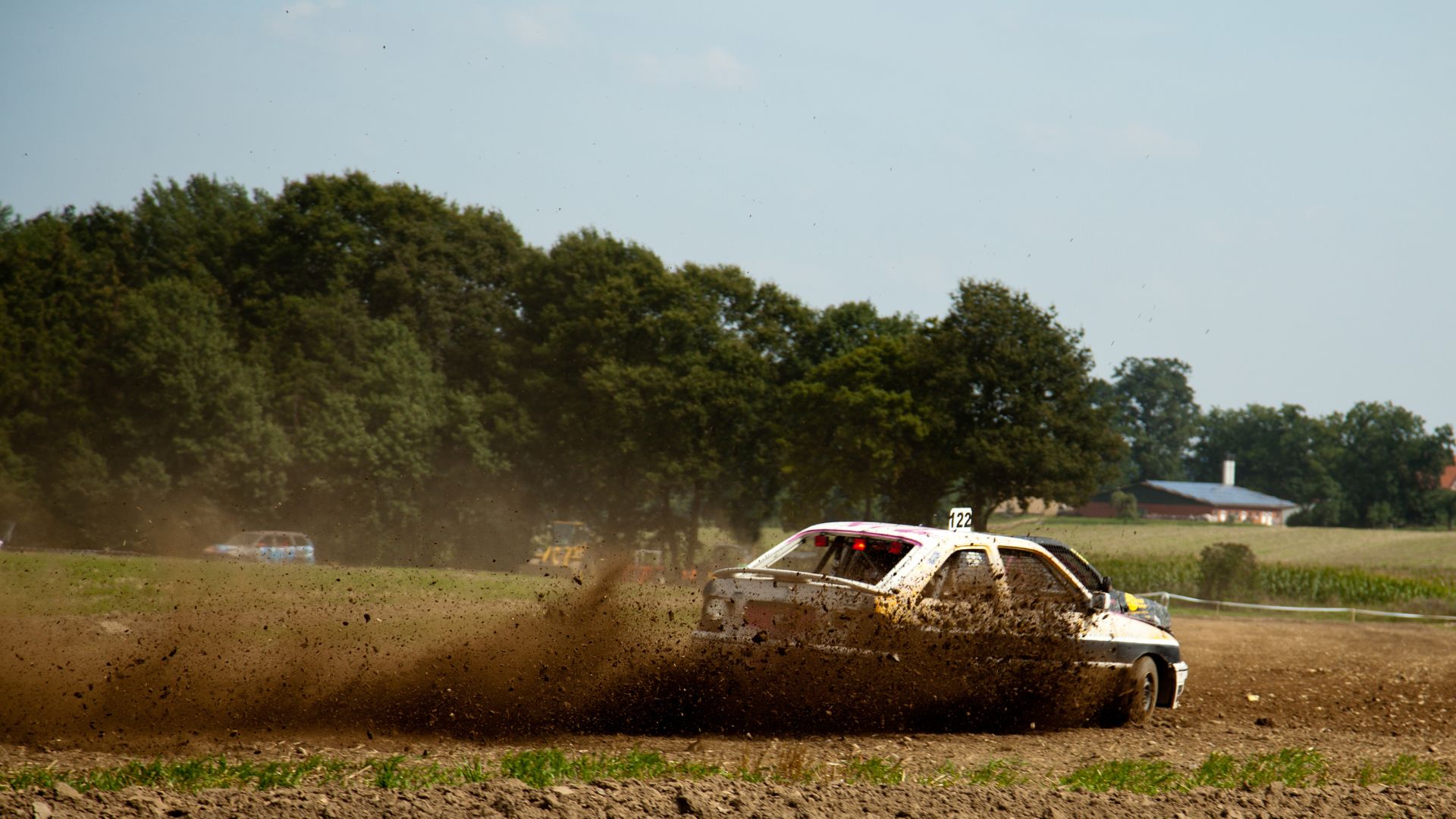
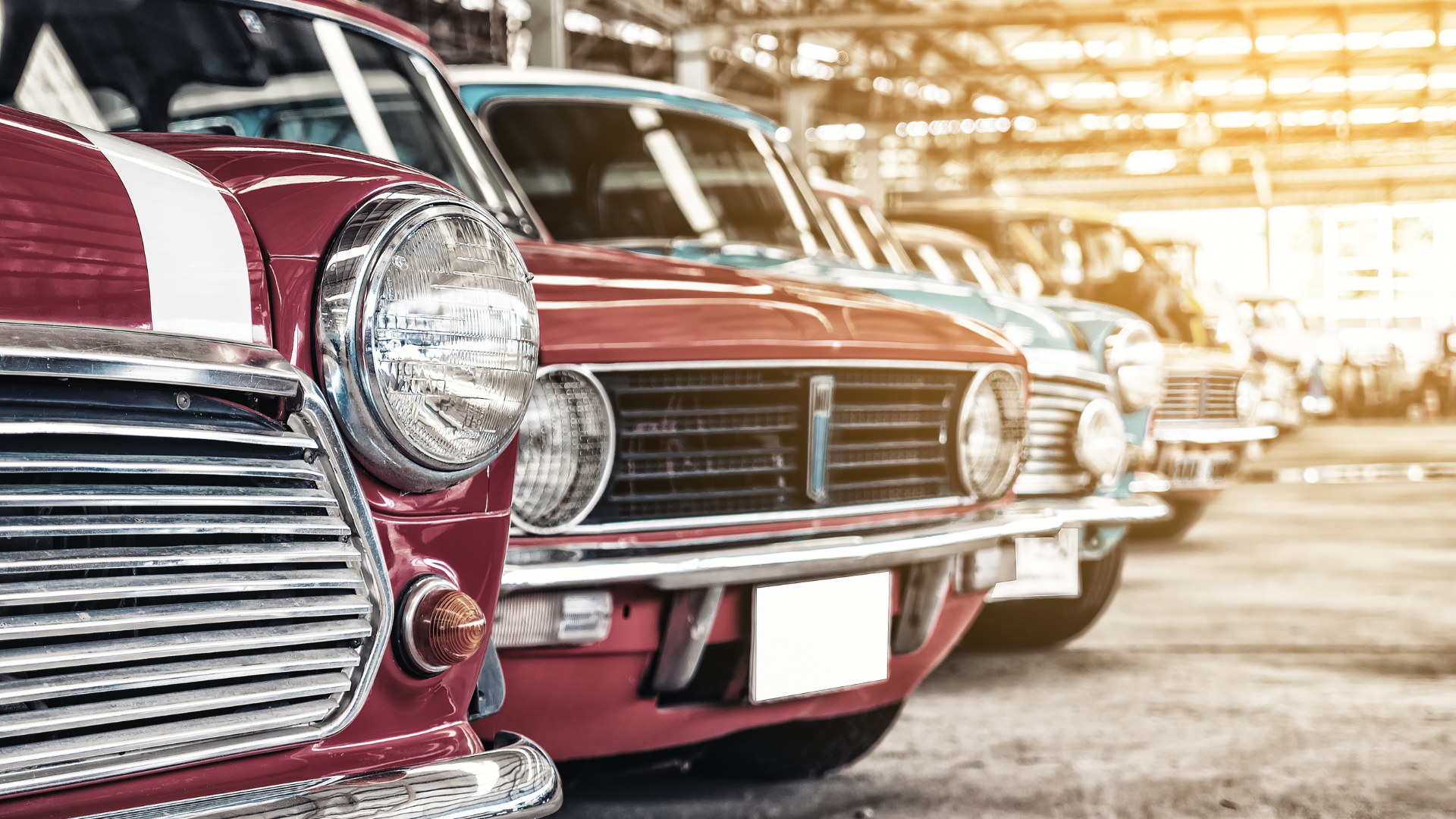
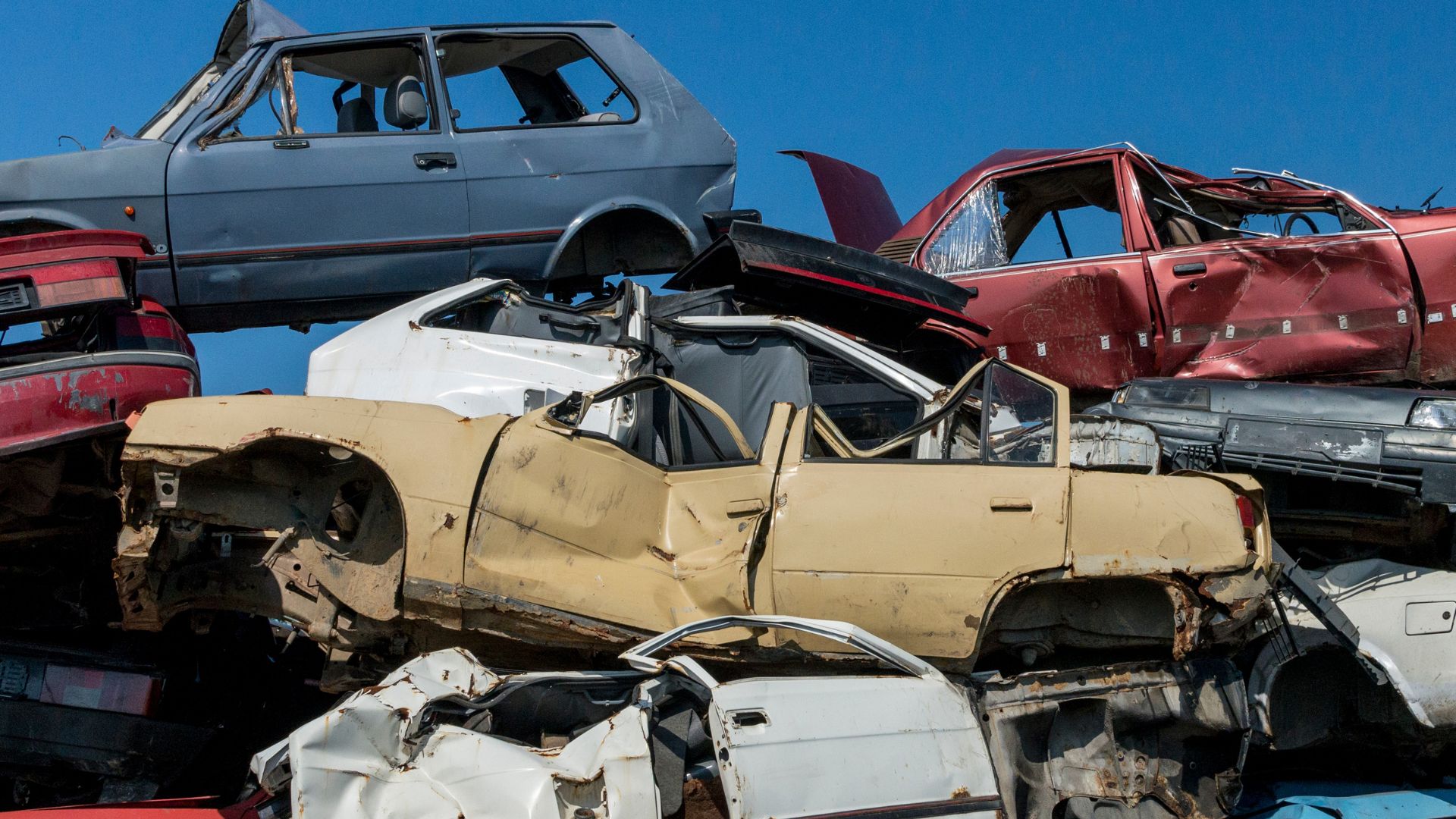
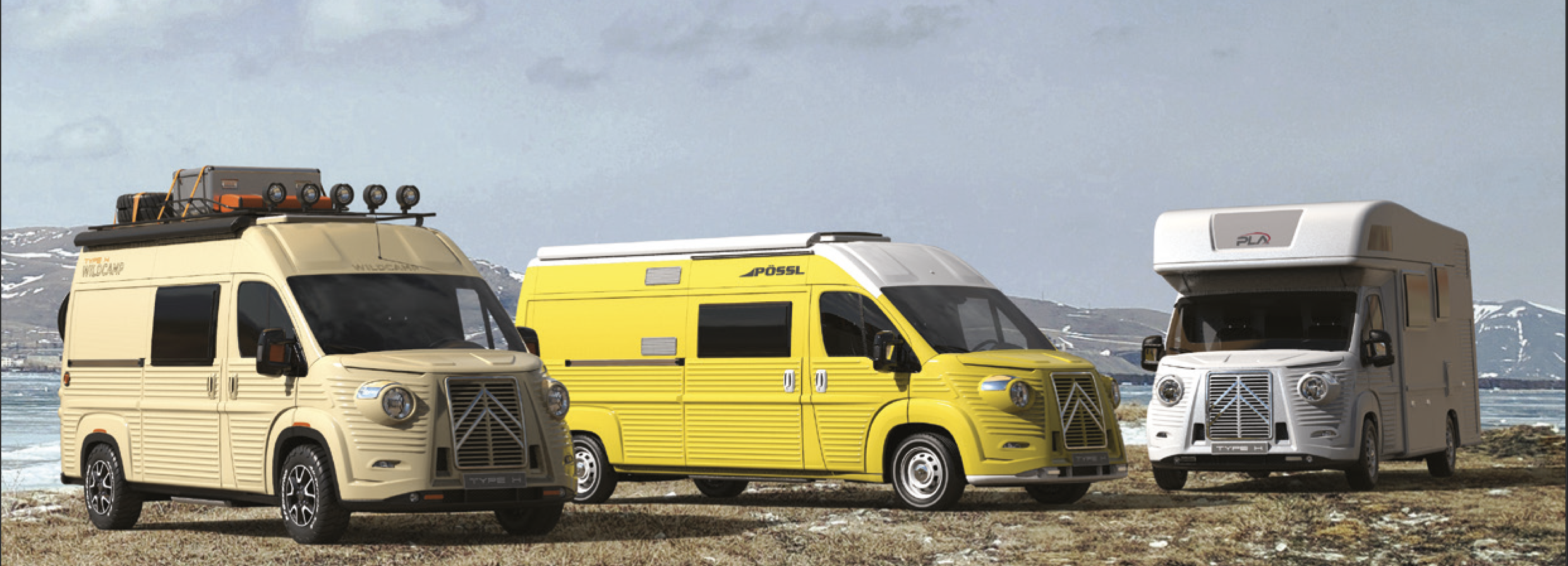
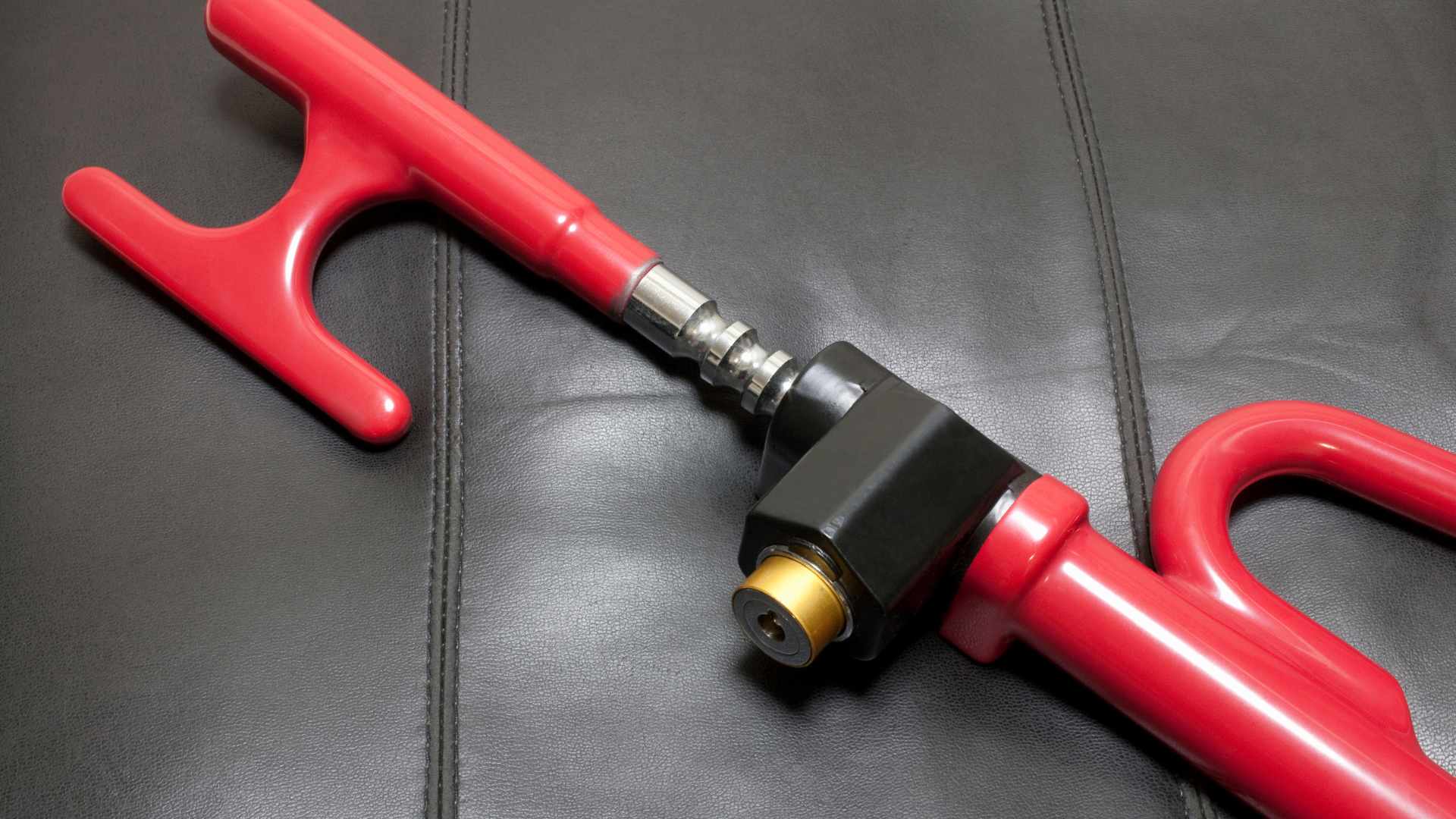
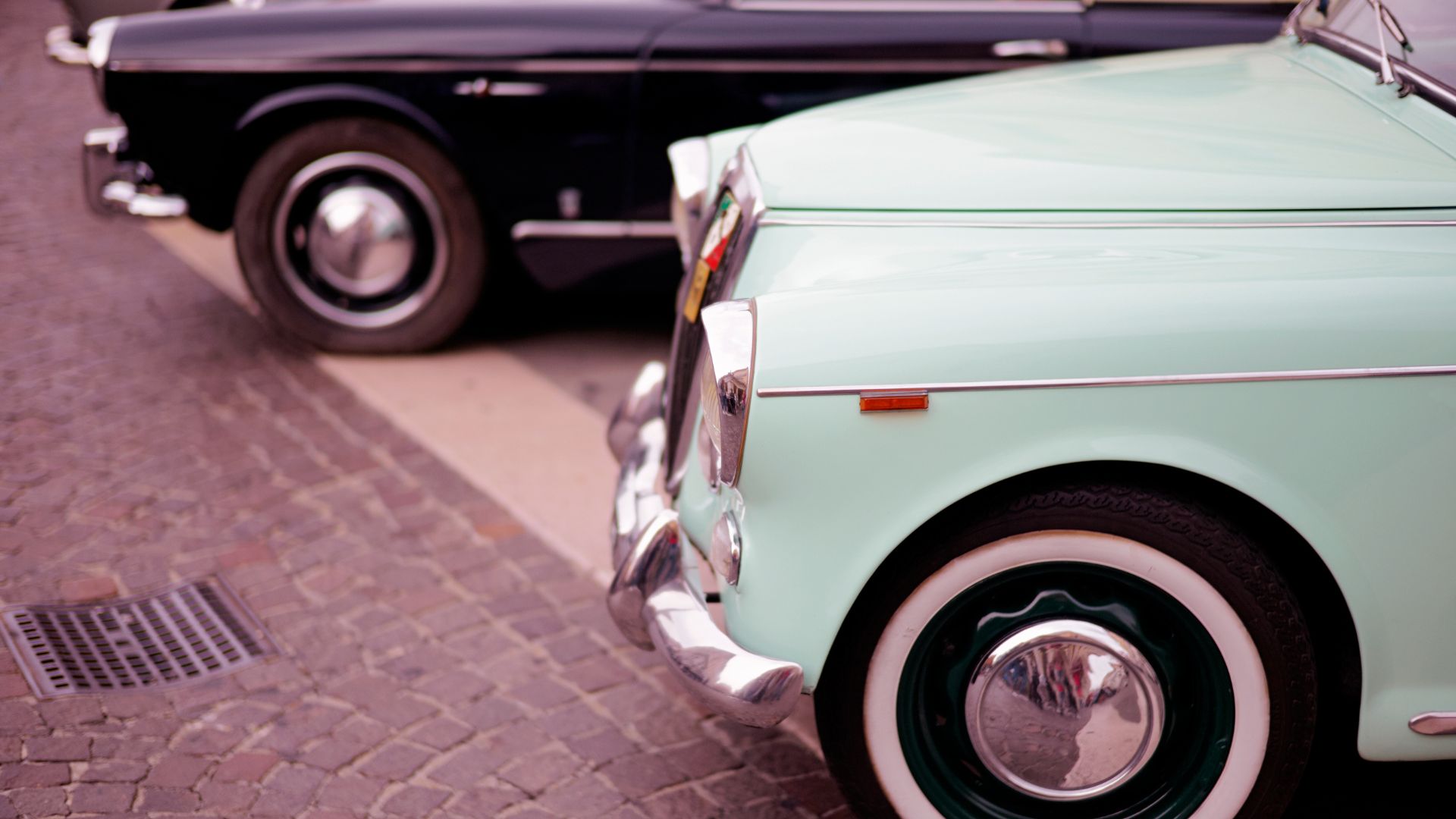
Leave A Comment